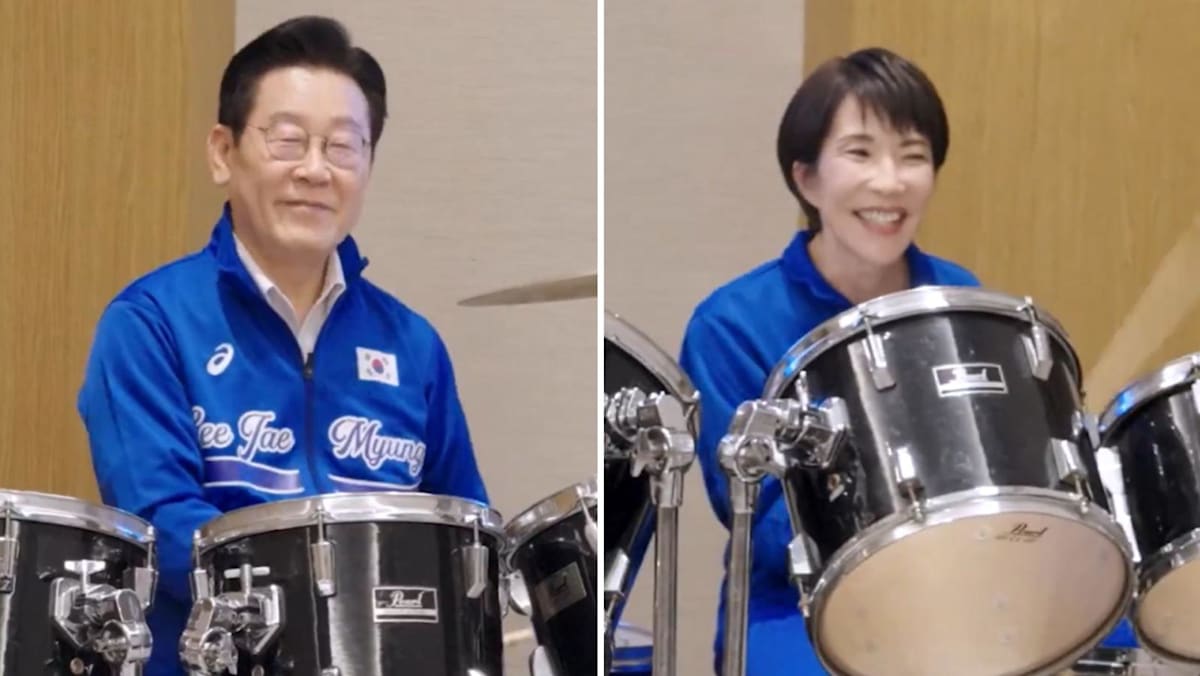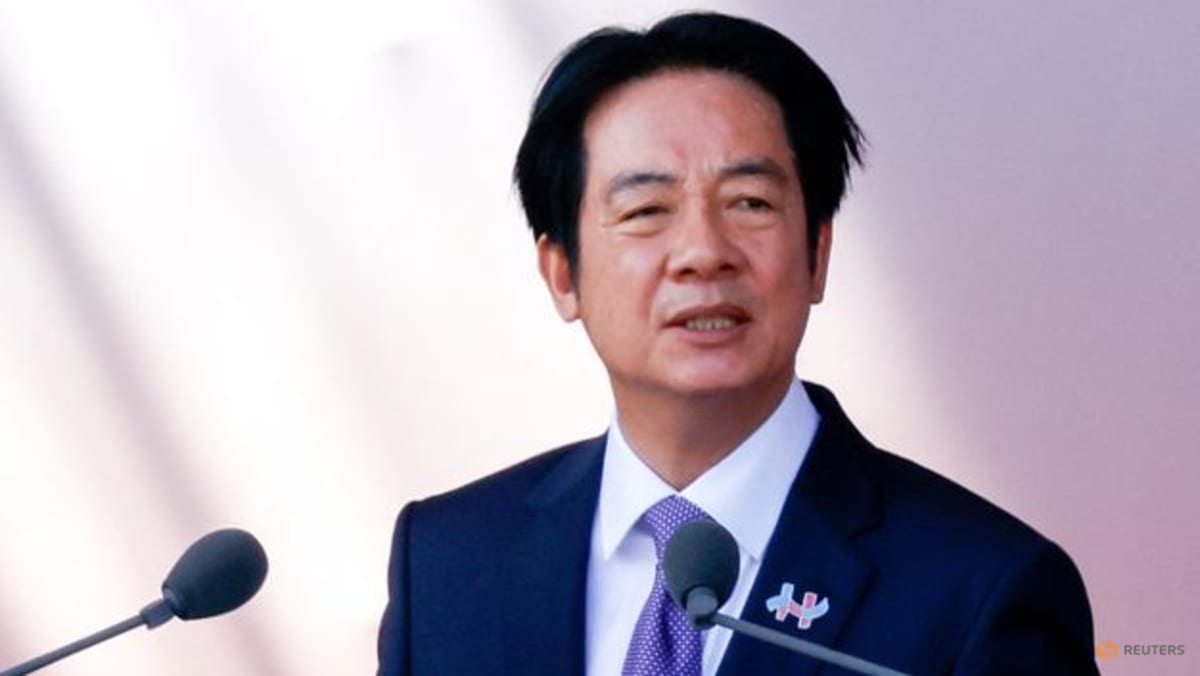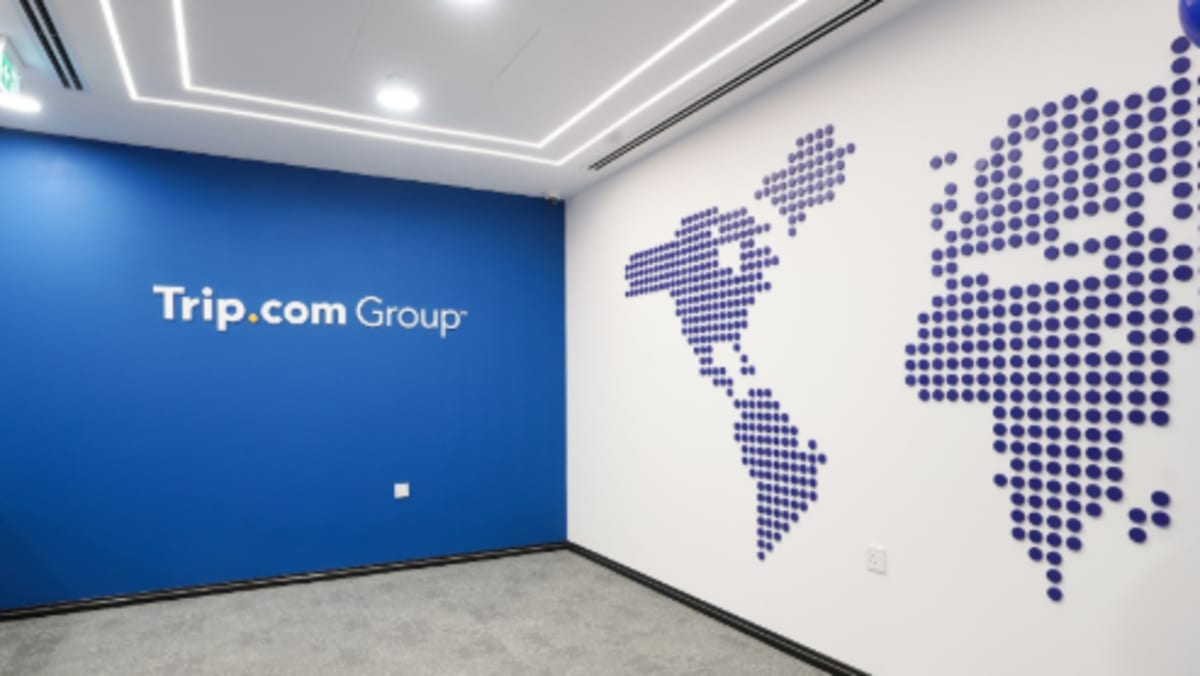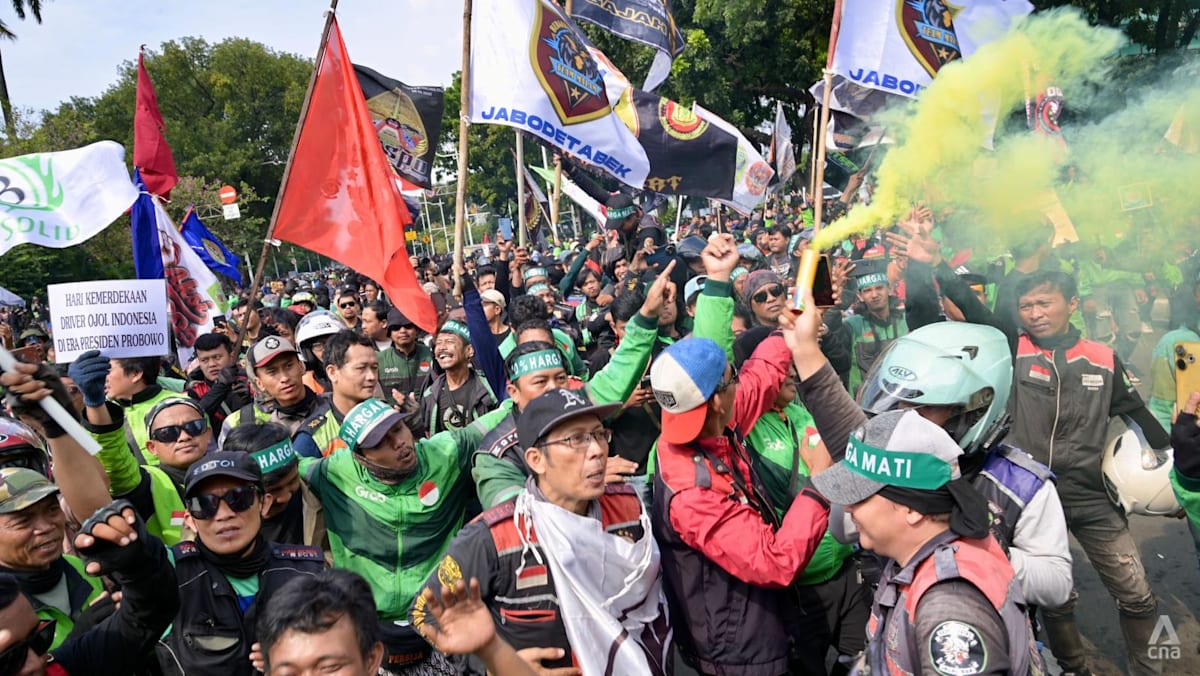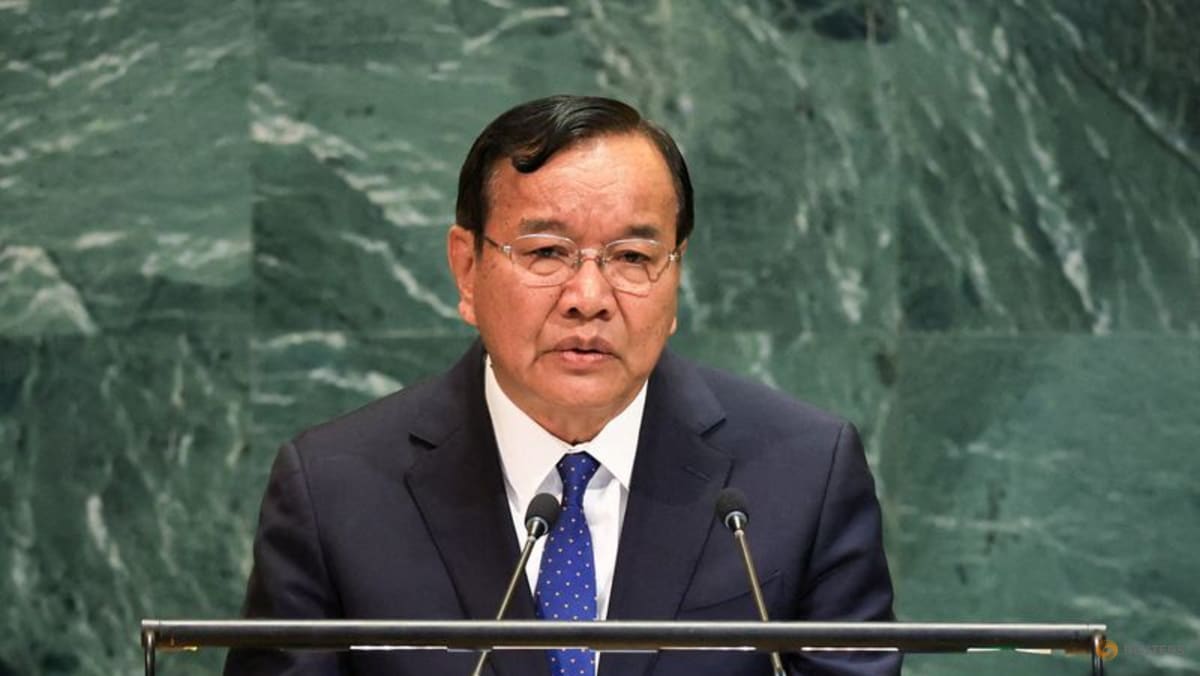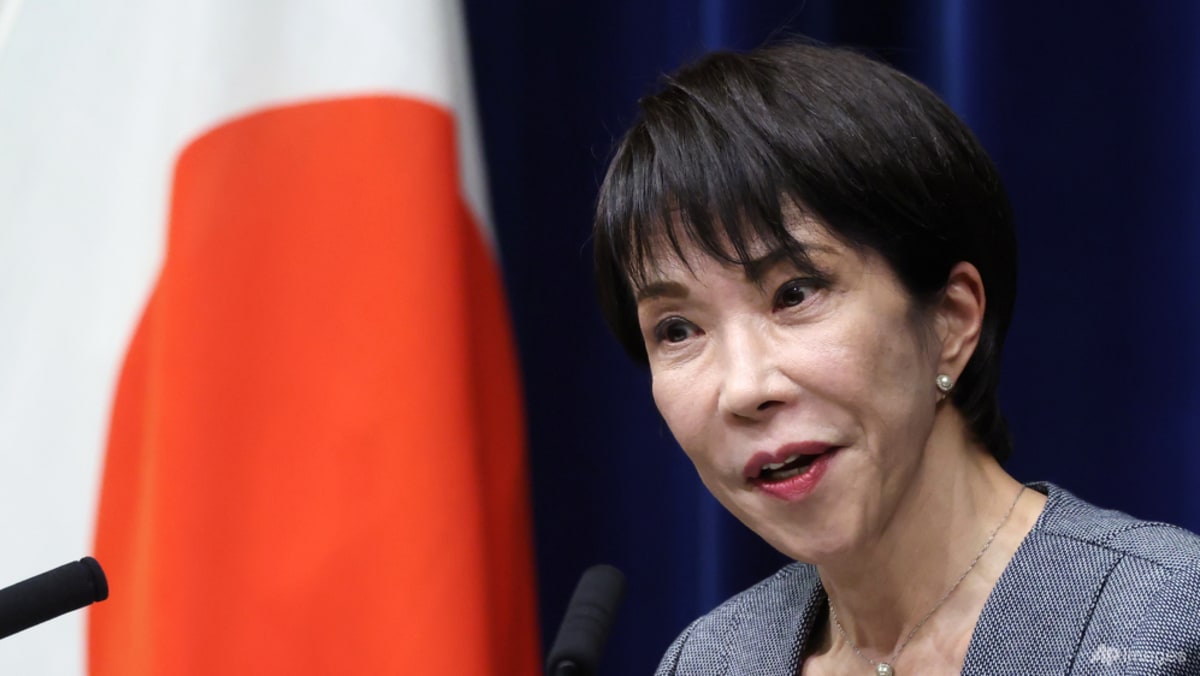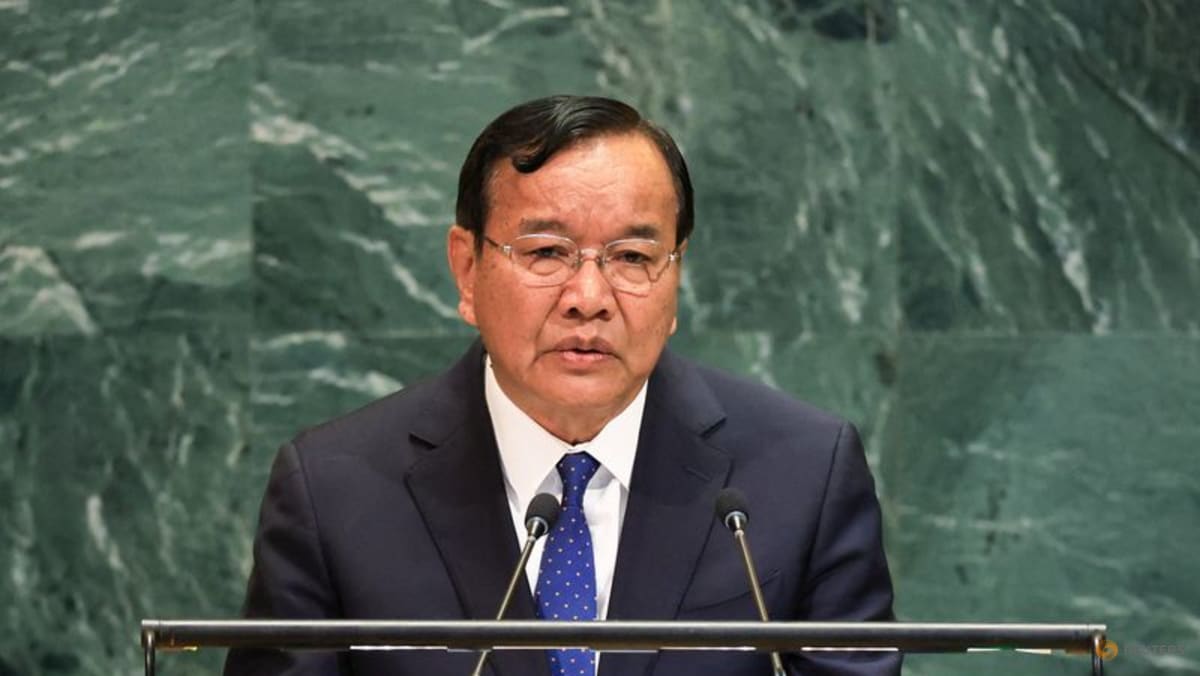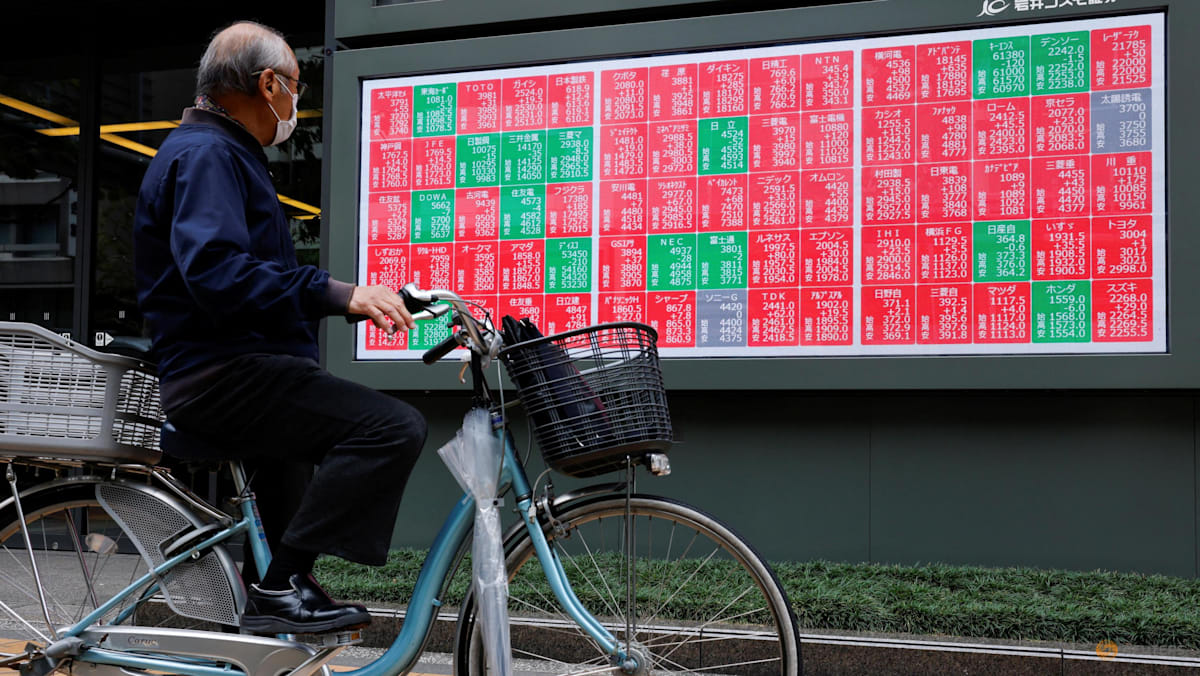Global talent race: As people flock to Hong Kong’s elite visa scheme, questions emerge on criteria and diversity
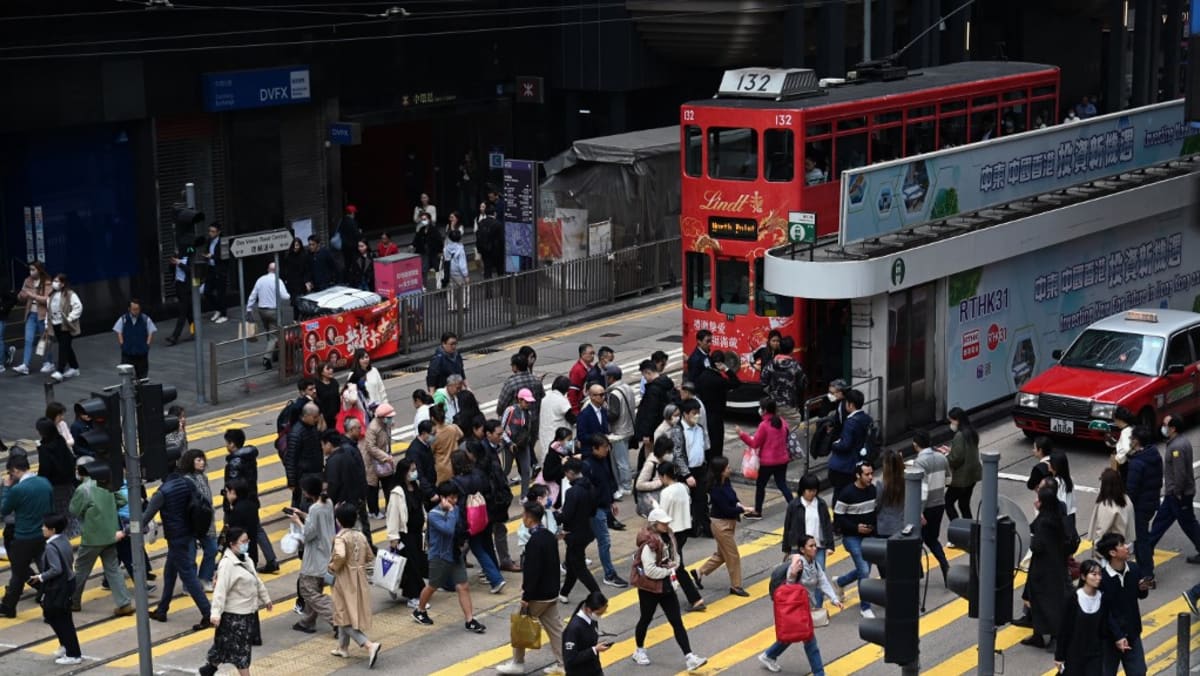
As of end-February this year, Hong Kong authorities have received 72,000 applications under the TTPS as reported by Chinese news outlet China Daily. Around 59,000 have been approved.
In comparison, Singapore has approved about 4,200 applications under its own elite visa scheme – the Overseas Networks & Expertise Pass (ONE Pass) – as of Jan 1 this year, one year since it was launched.
Elsewhere in Asia, Thailand’s Long-Term Resident visa programme, which seeks to attract wealthy individuals and/or talented professionals, has attracted 1,600 applicants since it opened in September 2022, according to an East Asia Forum article published in January last year.
Analysts suggest the difference in criteria is a key factor in the numbers disparity, particularly between Hong Kong and Singapore. Mr Kenneth Peh, Director of Global Employer Services at Deloitte Hong Kong, pointed out the “relatively less stringent” requirements for the TTPS compared to Singapore’s ONE Pass.
Singapore’s ONE Pass is aimed at talents from any sector who earn a monthly salary of S$30,000 and above, or have “outstanding achievements” in the areas of science and technology, arts and culture, research and academia, or sports.
As for Hong Kong’s TTPS, people with annual taxable employment or business income of at least HK$2.5 million, working out to about S$36,000 monthly, are eligible to apply. But this is just one of three categories they can choose to apply under.
Graduates from a list of eligible universities – the top 100 under four designated world rankings – with at least three years of recent work experience are also eligible to apply for the scheme.
Those with less than three years of work experience are eligible as well, subject to an annual quota allocated on a first-come, first-served basis.
This essentially means graduates with limited or even no work experience could possibly secure what Hong Kong brands as a visa for top talent. The city does not provide a breakdown of which category TTPS applicants applied under.
The TTPS takes a “unique approach” in the region, Mr Tang said. Citing Hong Kong’s “remarkably low” unemployment rate of 2.9 per cent between November 2023 and January 2024, he explained this makes it particularly challenging for businesses to hire new talent, especially if they are trying to expand the workforce.
Unlike some programmes that focus solely on senior-level professionals and entrepreneurs or specific communities, Mr Tang said the TTPS aims to attract those with strong academic backgrounds and more than three years of relevant work experience, which is “ideal” for filling critical mid-management vacancies.
Source: CNA






